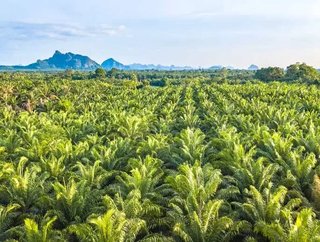Giki's new 'palm oil detector' will enforce transparency along palm oil supply chain

Giki is a social enterprise, focused on raising awareness of the unsustainability inherent in the majority of the palm oil industry. According to the company site, only 17% of palm oil contained within 26,310 products catalogued by Giki is sourced sustainably.
In February, British-Dutch consumer goods company Unilever announced it would be the first company of its kind to disclose the mills and suppliers a the upstream and procurement end of its chain. In a statement, Unilever admitted: “the palm oil supply chain is long and complex, with the palm oil changing hands many times before it reaches our factories. The fruit is grown on plantations where farmers sell their produce to middle men and agents. They in turn supply it to a mill where the fruit bunches are processed. Next it is transported via traders to refineries for further processing. Only after this point does it enter our direct supply chain.”
SEE ALSO:
- Sustainable fishing supply chain partners with luxury resort Soneva Jani
- Effects of barcodes within healthcare supply chain management
- Intermountain Healthcare takes top spot in Gartner Healthcare Supply Chain Top 25
- Click here to read the latest issue of Supply Chain Digital
This week, Business Green reported on Giki’s new ‘palm oil detector’, software built into the company’s app that checks whether a product has been sourced sustainably. According to the report, “the detector has been developed in collaboration with WWF, and gives products a 'sustainable palm oil' stamp if they have been made with palm oil traced from sources certified by the Roundtable on Sustainable Palm Oil and the company has a commitment, by 2020, to achieve sustainable palm oil across their supply chain.”
By creating tools to enforce company accountability at the customer end, Giki is empowering its customer base to become a more effective auditing tool of companies’ procurement and supply chain practices.
"We want to make it as easy as possible for everyone to buy products with sustainable palm oil," Jo Hand, co-founder at Giki said in a press release. "We have analysed the palm oil procurement practices of major brands found in supermarkets and linked that to their products such that it is now easy to see which products contain sustainable palm and which don't."






